

2018-10-25 10:36:00 Thu ET
technology antitrust competition bilateral trade free trade fair trade trade agreement trade surplus trade deficit multilateralism neoliberalism world trade organization regulation public utility current account compliance
Trump tariffs begin to bite U.S. corporate profits from Ford and Harley-Davidson to Caterpillar and Walmart etc. U.S. corporate profit growth remains high at 22% as of October 2018, but fewer S&P 500 companies manage to beat stock analyst estimates of both bottom-lines and sales. This lackluster stock performance erodes investor sentiment and thus contributes to the recent sharp sell-off in equities. The negative ripple effects and externalities spread to East Asian and European stock markets.
On the quiet western front, President Trump remains rather bellicose toward China, whereas, the Chinese trade delegates, diplomats, and negotiators etc become less belligerent and less truculent in the Sino-U.S. trade standoff. In the meantime, the Federal Reserve continues the current neutral interest rate hike to contain inflation and wage growth in America. Key greenback appreciation arises as a result of this current interest rate hike. As a consequence, U.S. dollar appreciation exacerbates the bilateral trade deficit between America and China.
In this light, the Trump administration may or may not be able to effectively curb the current bilateral trade deficit with China. The Federal Reserve monetary policy reaction can lead to U.S. dollar appreciation that inevitably weakens the impact of Trump tariffs on Chinese imports.
If any of our AYA Analytica financial health memos (FHM), blog posts, ebooks, newsletters, and notifications etc, or any other form of online content curation, involves potential copyright concerns, please feel free to contact us at service@ayafintech.network so that we can remove relevant content in response to any such request within a reasonable time frame.
2019-02-17 14:40:00 Sunday ET

U.S. economic inequality increases to pre-Great-Depression levels. U.C. Berkeley economics professor Gabriel Zucman empirically finds that the top 0.1% rich
2018-06-14 10:35:00 Thursday ET
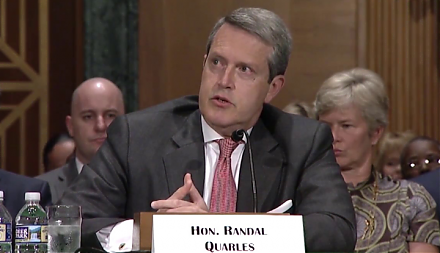
The Federal Reserve's current interest rate hike may lead to the next economic recession as credit supply growth ebbs and flows through the business cyc
2019-11-21 11:34:00 Thursday ET
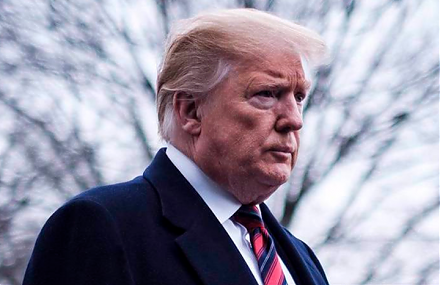
Berkeley macro economist Brad DeLong sees no good reasons for an imminent economic recession with mass unemployment and even depression. The current U.S. ec
2019-05-21 12:37:00 Tuesday ET
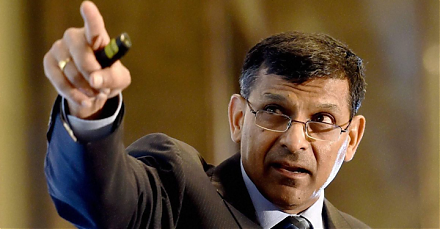
Chicago finance professor Raghuram Rajan shows that free markets need populist support against an unholy alliance of private-sector and state elites. When a
2018-10-15 09:33:00 Monday ET
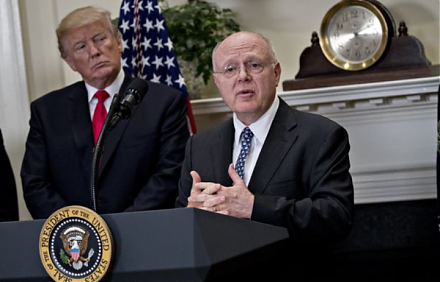
Several pharmaceutical companies now switch their primary focus from generic prescription drugs to medical specialties such as cardiovascular medications an
2024-07-31 09:28:00 Wednesday ET
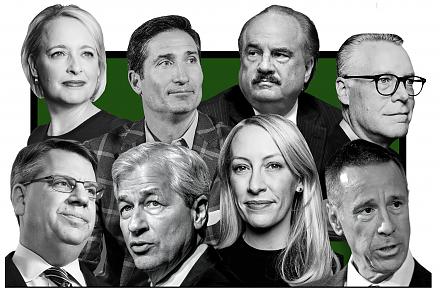
In the modern monetary system, each new CBDC helps anchor public trust in money in support of economic welfare, especially in a cashless society. In our